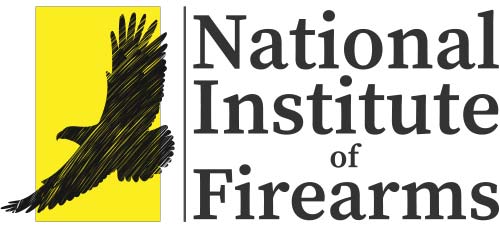Has the media made mass shootings worse?
Everyone in the U.S. knows that we have fundamental rights as citizens of the United States, (you know – those pesky rights laid out in the constitution our country was founded on), but it seems there are some with rather loud voices that believe they have the right to attempt to shape the dialogue around a few “hot-button” topics – like gun control. Topics with passionate supporters on both sides that want to be heard. That’s why I believe it’s important to take every opportunity to talk with and listen to everyone I can – to better understand the real climate around issues this important.
After every mass shooting, there is an explosion of media coverage of the event and people screaming for more gun control (to varying degrees). But is there a possibility that the media coverage is making mass shootings worse? That their coverage alone shapes and changes the dialogue in our country – or worse, actually insights more heinous incidents? Before you utterly dismiss this idea – think about the latest mass school shooting in Florida.
The perpetrator of the Parkland shooting has become a household name. The image of him being taken into custody… then the footage of him being led from the cop car to the processing center is footage seared into our collective minds now. The minute his name was released, he was everywhere; all of the news outlets, radio stations, social media posts – everywhere. Like a glamorized pop-star for his 15-minutes of fame.
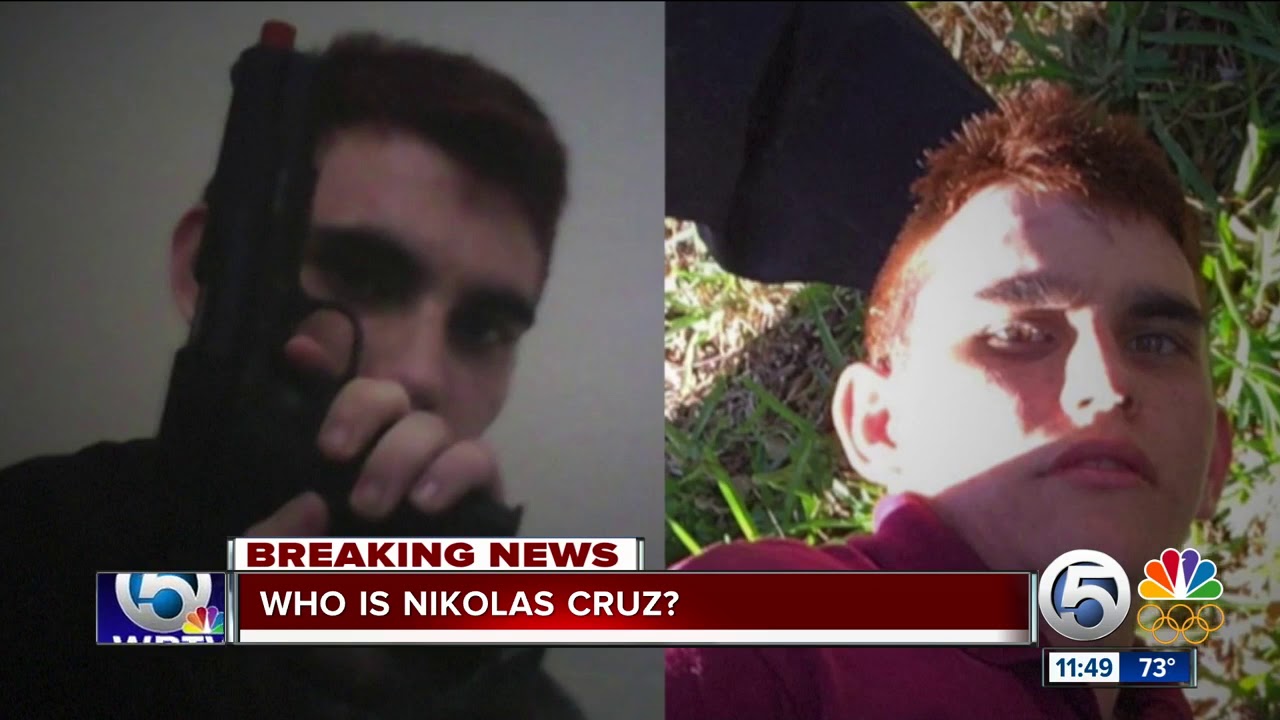
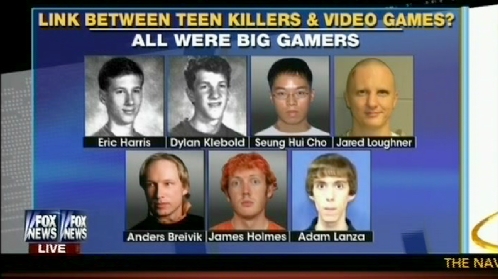
Focusing on the perpetrators of mass shootings has been a long-standing practice for the media. This was very evident with the Columbine school shooting in 1999. The extensive coverage following that disaster made the perpetrators famous and have since amassed a cult-like following 20 years later, (“Columbiners”). Other mass shooters have even referred to them in the manifestos they left behind.
While researching a related topic I found what felt, to me, like a catalyst that could link many of these mass shooters together; having been outcasted and labeled a “loser” at their schools, they were looking for the easiest way to change their status or societal label. When you look back, most of the mass shooters are seeking some kind of attention or fame for one reason or another and the media helps them achieve just that with the constant “coverage” and subsequent pop-star-status they undoubtedly feel – well, for those that are alive to see it, (the best hope for it like a martyr hopes their legacy for whatever cause will live on beyond them). When disturbed individuals realize this route to fame works, it can produce more lethal events and foster an even worse event because the next perpetrator may want to one-up the previous “media star-shooter”.
An ABC News investigation in 2014 found that in the 14 years after Columbine, at least 17 school shooters and 36 other students who threatened rampages that were averted, directly cited the Columbine shooting or its perpetrators as partial motivation for the attack. “In short, making perpetrators famous has consequences,” states Jaclyn Schildkraut, assistant professor in the department of public justice at the State University of New York at Oswego.
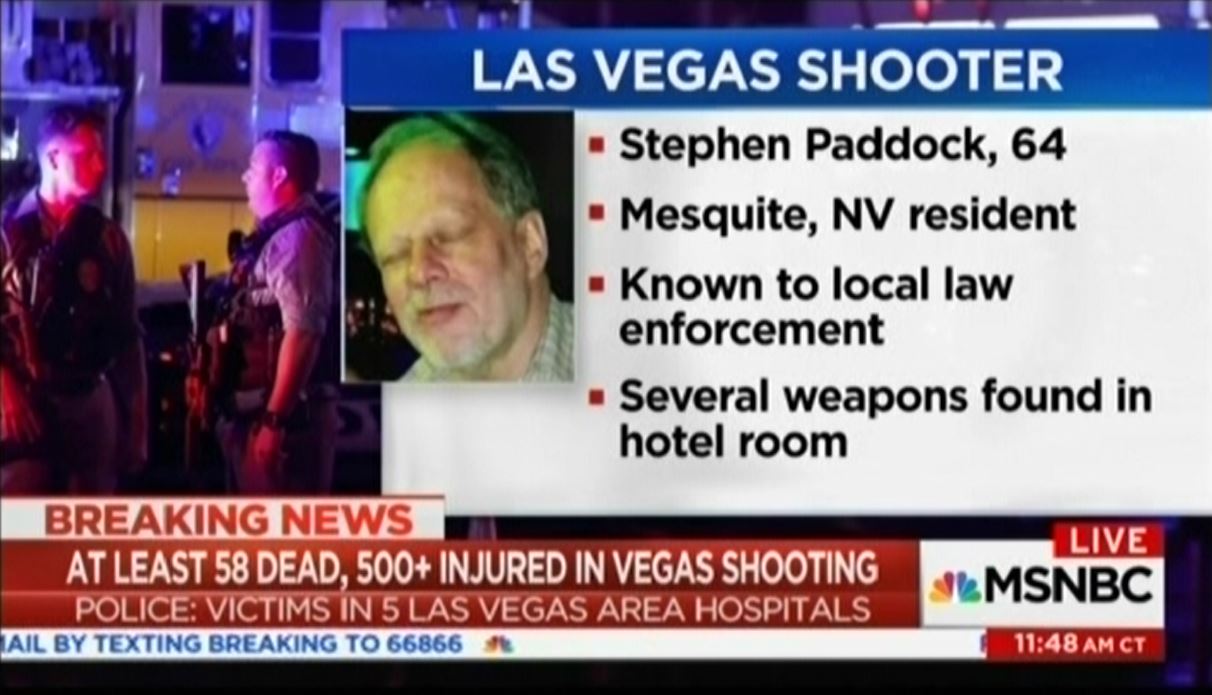
Colion Noir, a gun rights activist, has stated “mainstream media loves mass shootings” and “tragedy is their business plan.” While I think the media “ like” anything that will grab the eyes and ears of viewers, I also believe that the journalists that report these horrendous events are genuinely sickened by the same events they report on. I believe that some have forgotten the human side of reporting, too. Many are quick to associate the journalist they see, hear or read with the media source itself. It seems to me, that people often have a hard time distinguishing the difference between the organization and the people who work for it.
A journalist for USA Today recalled their thoughts and opinions while reporting multiple mass shootings and various tragedies through the years: “I’ll never forget the woman on the other end of the phone line, sobbing: ‘I’m sorry, I just don’t know.’ ” Hours before, a madman shot and killed 16 kids and a teacher before killing himself in a small Scottish town. The year was 1996 and the Dunblane school massacre in Scotland became the first mass killing I covered. It wouldn’t be the last — and I’ve hated every single one of them.” The journalist went on to state, ”During Dunblane, my assignment was to call the school and find out more details for a horrified world. Shocked at the task, I balked until my editor reminded me that it was my job to help the public understand. Provide trustworthy information. Put the incident in context. And hopefully, provide answers that might save lives the next time. Sadly, for 20 years, there’s always been a next time: Virginia Tech, Sandy Hook, San Bernardino, Fort Hood, Aurora, etc.”
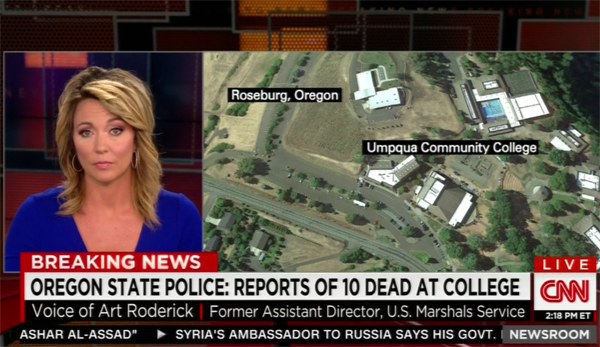
At some point, we have to acknowledge our role and responsibility as a society and hold the media sources accountable for their actions in aiding the demented and mentally ill perpetrators of such egregious acts. While the media pushes and pushes images of bad-guys-with-guns in our faces and crying and dead victims for ratings, we need to collectively decide what we’re willing to endorse with our viewership ratings. We, as a nation, should take a stand and stop feeding the beast; let’s stop making our bad-guys into rock-stars so the next disgruntled child is less compelled to pick up a weapon for attention. We all have the control to make it stop – and it goes well beyond pushing for the next law or change to our founding principles – whatever that might be.
I’d love to hear your thoughts on the subject – be sure to leave a comment below, or better yet: join the discussion happening now in our chatroom!
Join in the Conversation!
![]()
We want to hear from you!
Join us on Discord - it's FREE.
